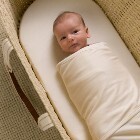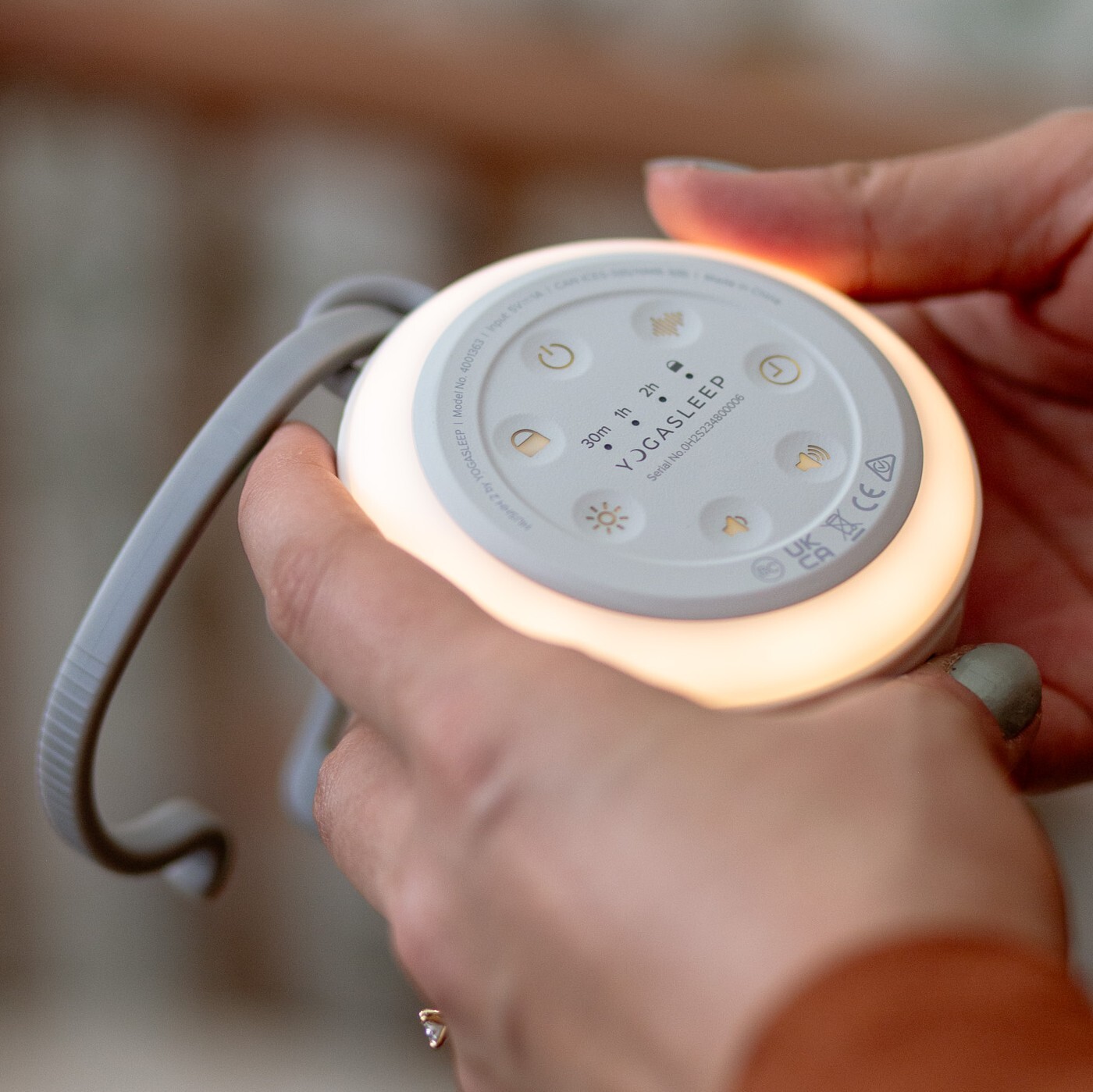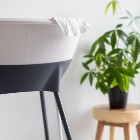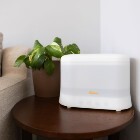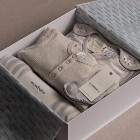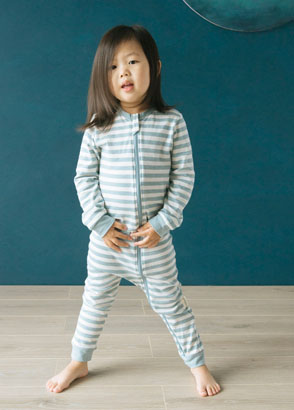Thousands of Children in New Zealand wake in the morning to a wet bed. Wetting the bed at night (nocturnal enuresis) is very common in young children.
It affects approximately...
-
15% of 5-year-olds
-
5% of 10-year-olds
-
2% of 15-year-olds
-
1% of adults
Your child is likely to have 2 -3 other children in his or her class who also wets the bed!
Bedwetting occurs slightly more in boys than girls and some children wet their pants during the day.
Bedwetting is not considered to be a problem until children are about 7 years of age. That is a good time to introduce treatment programmes if the child wants to do something about it.
Almost all children grow out of bedwetting. About 1% of adults may still have occasional problems.
Bed-wetting can create problems of poor self-esteem, family stress and social isolation. The distress and disability of bed-wetting increases as the child gets older and many can be helped to become dry earlier.




